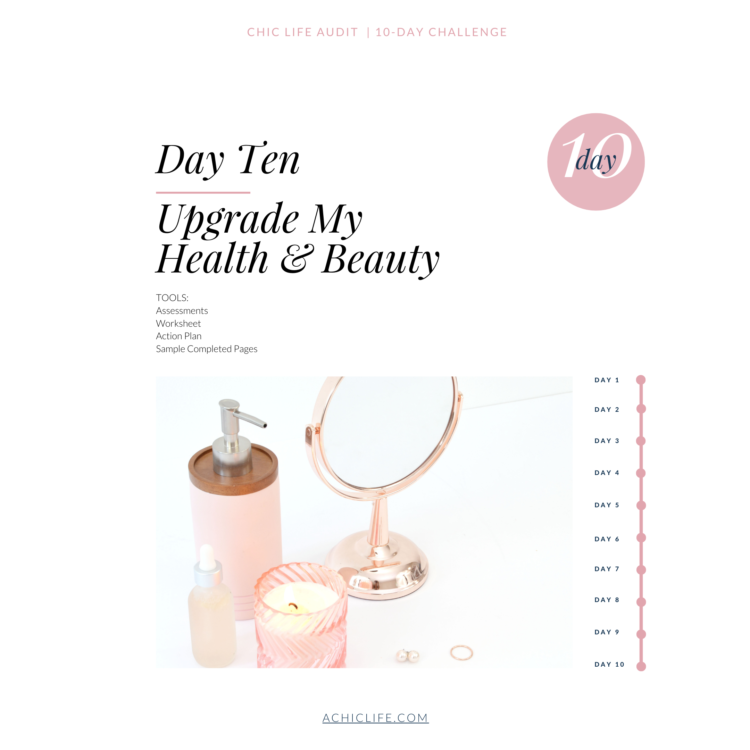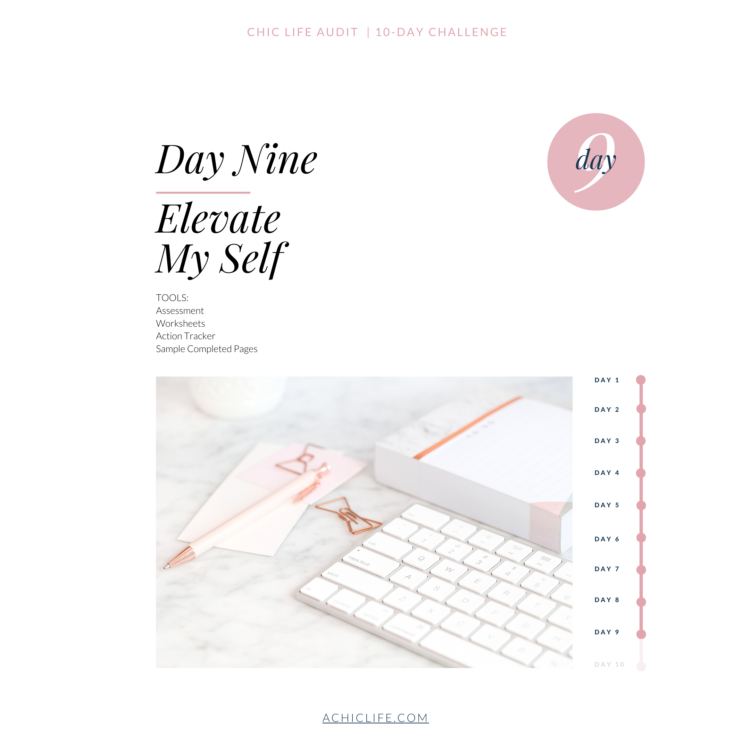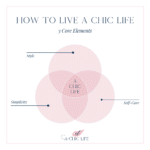Ever noticed how chic people are cool? They tend not to make a big deal, they brush things off, they know how to not get offended.
Can we be less prone to offense so we can enjoy more of our own chic side? We can, and here’s how.
You can’t take offense without this
When I was working on my book, How To Be An Introvert In An Extrovert World, an early reader made harsh comments about my sense of humor. I know! Can you believe it?!
Initially I felt stung, the child in me feeling reproached by the adult in them. But then something else happened – I felt a rising emotion. I started to take offense.
We all know what feeling offended is like. How dare they! Such effrontery! The impudence!
Clearly, taking offense involves a lot of words our grandparents might use as well as an overabundance of exclamation points. It also feels like the offense lies entirely with the offense-giver. After all, they said the insulting thing; they did the offensive act. We were just sitting here innocently making our hilarious jokes.
But as I pondered their comments, poised on the precipice of taking offense, I remembered a Stoic quote:
The success of an insult depends on the sensitivity and the indignation of the victim.
In other words, to take offense we must add our own crucial ingredient: indignation. To feel insulted we need to stir in sensitivity or the offense remains a floating nothing.
This is a big deal. If we want to know the secret of how to not get offended, this is it. Don’t become indignant, and there’s no insult, no offense, just a person saying a thing. How liberating!
Now clearly there are objectively offensive things people say or do, things that most reasonable observers would agree cross a line. But that’s not what I’m talking about here.
I’m talking about times when one person says a thing that has, let’s call it an edge, and another person grabs on to that edge and stabs themself with it.
I’m talking about times when one person says a thing that has, let’s call it an edge, and another person grabs on to that edge and stabs themself with it.
Offense and social media
Social media is a great place to observe the comment x indignation = offense formula in action. Person A makes a comment. It could be taken a number of ways, but for it to cause offense Person B must bring indignation to the interaction. No matter what the comment is, with zero indignation, there is zero insult.
Sometimes Person B has been sitting there nursing a large cache of indignation, just waiting for something on which to detonate it. Their to-do list for the day reads: 1. Have breakfast 2. Take offense. However, those people probably aren’t reading this blog, so let’s not worry about them.
More often Person B gets blindsided by a comment and confused by their feelings, and taking offense just seems the ‘normal’ thing to do. But maybe that’s only because we’re so used to people getting indignant when receiving negative input. What if they didn’t, though? What if they chose not to add indignation to the mix?
Offense-giving motivation
It helps to consider where the putative offense-giver is coming from, what’s going on in their head. Some possibilities:
- They may be insensitive and not realize the effect of their words
- They may be rude and not care about your feelings
- They may be in pain and lashing out
- They may struggle with anger and be looking for a fight
- They may be bored and wanting to stir things up for entertainment
- They may be offering genuine (if poorly expressed) feedback.
When you look at the possibilities, you can see that indignation isn’t essential in any of these cases. Regardless of where they’re coming from, their words will hop away like weird bugs unless we pounce on them with our indignation-based bug catcher and obsess over how ugly those critters are.
Their words will hop away like weird bugs unless we pounce on them with our indignation-based bug catcher and obsess over how ugly those critters are.
A surprising alternative to indignation
So if getting indignant is avoidable, why do we do it? Most likely we resort to indignation to protect ourselves from something far more terrifying: feelings. Yes my friends: healthy, normal, but uncomfortable feelings. Why feel sad that someone doesn’t like something about us, when we can blame them and feel all haughty and wounded instead?
Having my delightful comedy stylings questioned – that hurt. I felt sad and rejected. Which is normal and healthy. As I realized this, I let myself feel the feelings, and as a result they did what feelings do when we let them be: they metabolized and passed. Without using indignation to avoid my healthy feelings, I could let the comments go. Maybe not completely (I mean I remembered it all well enough to recount this story), but enough to move on.
How to respond without taking offense
So, next time someone says something with that edge, you can:
- Laugh it off:
*small chuckle, with a twinkle in your eye* - Acknowledge the part that’s true:
Well, I do have an odd sense of humor – I’ll pay more attention to how I use it - Ask for more information:
How would you suggest I change it? - Be non-committal:
Hmm, something to think about (doesn’t mean you will think about it) - Thank them:
Yeah, cheers, thanks a lot (I like to channel Patsy Stone).
Why feel sad that someone doesn’t like something about us, when we can blame them and feel all haughty and wounded instead?
How to not get offended
To summarize: there are only two things you need to do to never feel insulted or offended again.
First, when you receive feedback, tune in to what you feel – probably sadness is in there somewhere, the little child in you is hurt. Feel the feeling instead of avoiding it.
Second, decide to drop indignation from your emotional repertoire. Whatever is going on for the other person, indignation isn’t needed. No indignation, no insult!
Without indignation, you’ll feel calmer and happier. And you’ll be far more chic.

Click the SAVE button to PIN for later!















Comments
Jacqueline
Ha! Love this. I received a comment about an outfit I was wearing on Instagram. Negative feedback about my colour choice, I thanked her […] Read MoreHa! Love this. I received a comment about an outfit I was wearing on Instagram. Negative feedback about my colour choice, I thanked her for her opinion and dropped her comments in a f@#% bucket. Read Less
Michele Connolly
to Jacqueline
I love it, Jacqueline - no indignation added! And the f@#% bucket is the ideal receptacle for unsolicited opinions on social media. :)
Hazel Griffiths
What a fascinating piece!
Michele Connolly
to Hazel Griffiths
Merci, Hazel!